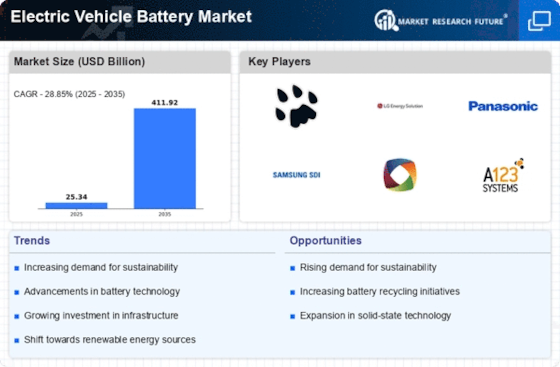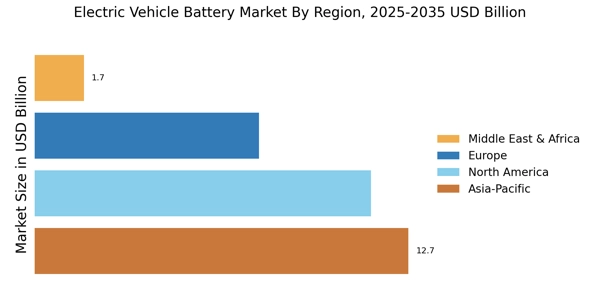Research Methodology on Electric Vehicles Battery Market
Research design:
The research methodology proposed will employ a case study approach. This approach is driven by research questions which will help to guide the research process to understand better the benefits and impact of electric batteries in the global electric vehicles market. The qualitative approach includes a comprehensive literature review of studies related to the electric vehicle battery market, field observation, interviews with industry experts, as well as a synthesis of data.
Research sampling:
The sampling method used in the research study is purposive sampling. This is done to select a specific group which represents the population in question. This method enables the researcher to select respondents who may be familiar with the topic and can provide precise information. The sampling frame consists of the industry players, policymakers, end consumers, and research institutes that are involved in the electric vehicle battery market.
Instrumentation:
The instrument used in the research study will be a survey instrument. The survey is designed to seek out answers from the sample population on issues related to the electric vehicle battery market. The survey will be composed of both open-ended and close-ended questions. The survey instrument will allow respondents to provide responses that are convenient for them.
Data collection method:
The primary data will be collected using face-to-face interviews and through the survey instrument. The secondary data, on the other hand, will be collected from existing documents, books, journals, and other reports available on the Internet or through interviews with key stakeholders.
Data analysis method:
The collected data is analyzed using quantitative and qualitative methods. For qualitative data, the results will be organized and classified according to the topics and subtopics discussed in the research study. Meanwhile, for quantitative data, the analysis is done with the help of the Statistical Package for Social Science (SPSS). This software is used to analyze the data and draw useful conclusions from it.
Research validity and reliability:
Validity of the research methodology is ensured through the selection of appropriate instruments and design. The collected primary and secondary data will also be discussed with experts to ensure that the data collected is relevant to the research topic. The reliability of the results will be ensured by analysing the data and making sure that there are minimal errors in the analysis process.
Ethical considerations:
The researcher will ensure that ethical principles are adopted while carrying out the research. The researcher will ensure that the respondent's information is kept private and secure. In addition, the researcher will ensure that the respondents understand the purpose of the study and the methods employed in collecting data before the data is collected.


















